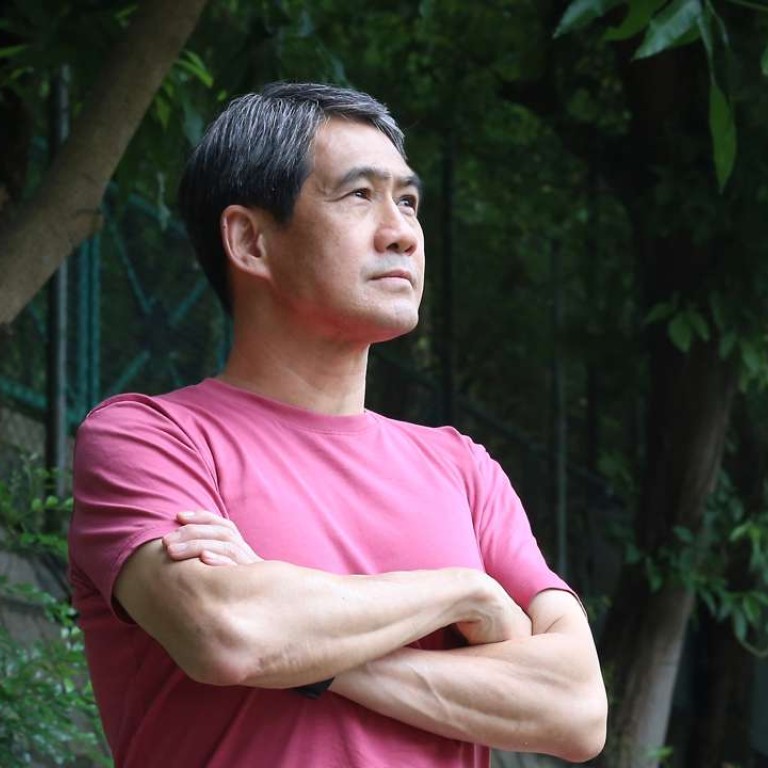
Hong Kong’s news museum will show history as it happened
The Hong Kong News-Expo, scheduled to open in the first quarter of 2018, will be free and open to all, at the historic Bridges Street Market
Hong Kong’s first news museum is set to open in 2018 to document the city’s history as seen by the media of the day, according to the city’s former police commissioner, who is in charge of the project.
Tang King-shing, police commissioner from 2007 to 2011 and the Hong Kong News-Expo’s management committee chairman since 2014, said the future news hub would serve a dual purpose of being an educational experience and a visitors’ centre in a historic neighbourhood.
Aside from being a revitalisation scheme for the three-storey building, the government-funded project of HK$85.3 million also has other goals.
“We hope to tell the history of Hong Kong through media as they told the stories of the day,” Tang, 61, told the Post. “That way, visitors, the local public or tourists, would appreciate the changes that Hong Kong has gone through over the years,” he added.
Tang’s management committee is working alongside finance, project management and programme teams under the News-Expo board, chaired by former government information chief John Chan Cho-chak. The board is operated under the Journalism Education Foundation, chaired by veteran broadcaster Chan Suk-mei.
While he is steering the staffing and management of the hub, the programming committee is working on the first exhibitions for the launch in the first quarter of 2018.
We hope to tell the history of Hong Kong through media as they told the stories of the day
“A few like-minded retired civil servants like me have joined this project as volunteers, and we recruit just a handful of full-time staff in the pre-launch phase as we need to be prudent about the use of public money,” said Tang, referring to the HK$5 million start-up fund from the government.
The restoration will integrate the three-storey building into a part of the heritage trial in Central that is linked to Wing Lee Street, a celebrated heritage site.
“So tourists will get to know more about the city through the exhibits than shopping in Mong Kok or an outing at the Peak. Young visitors can try out being a news anchor in a simulated studio room,” he said.
Scheduled news-themed exhibitions aside, there will be facilities for media professionals to exchange ideas and liaise. However, the facility does not aim to compete with existing institutions such as the Foreign Correspondents’ Club, Tang said.
“Our service is more comprehensive to be a bridge between the public and the media. We are open to all and free of charge, so we are not replacing the FCC,” Tang said.
A police veteran with 35 years of service, Tang reversed his role last year by going to the other side of the microphone at his weekly radio show.
His guests included a wide variety of voices from government ministers to an Indian part-time waitress.
“With that I’ve come to know that everyone has a role to play and a story to tell and I am happy to have facilitated that,” he said of his show on DBC, which will end next month due to the station’s closure.
“I’m proud to say that the news museum is a place for everyone in the society, including the disadvantaged and ethnic minorities,” he said.

